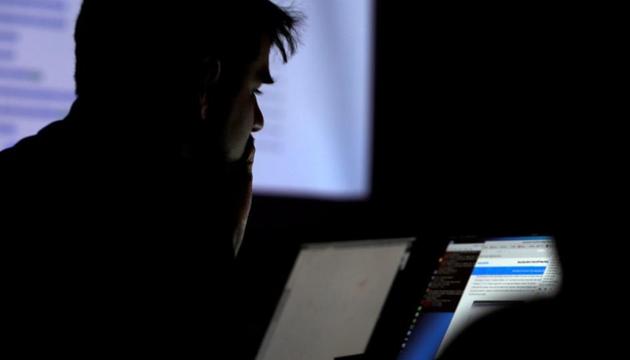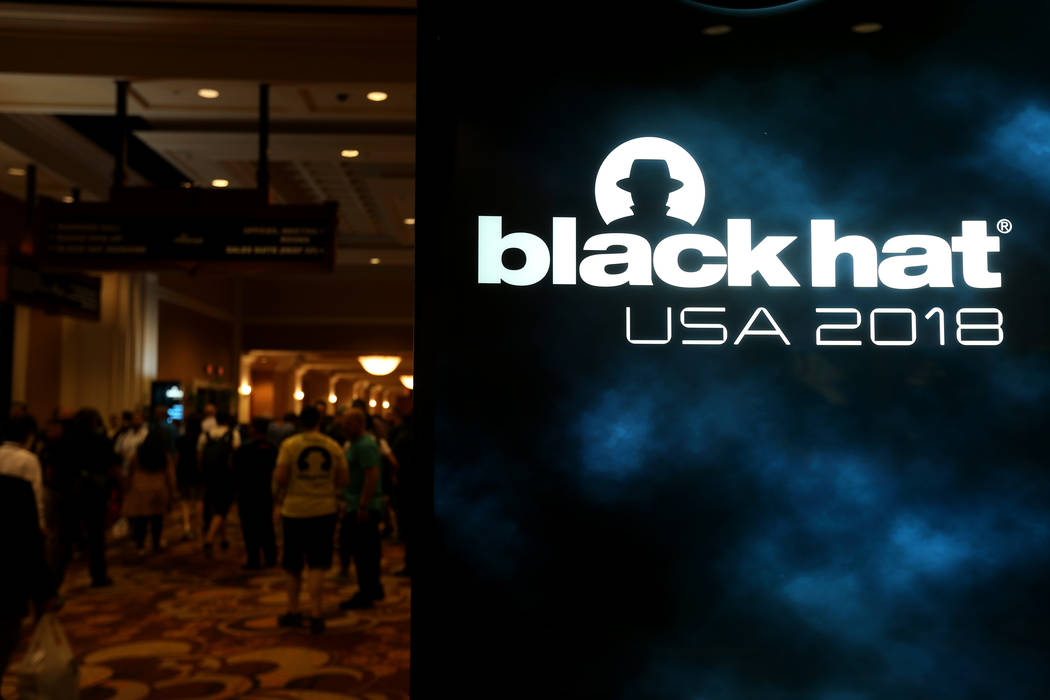

Def Con followed suit on Friday.īecause of travel restrictions, as well as the different pace of vaccinations around the world, both conferences are also going to be streaming talks.Īccording to the official announcement by the conference founder Jeff Moss, Def Con will require people who want to attend in-person to wear masks, respect social distancing indoors, and be vaccinated. Last week, Black Hat was the first one to announce that it was going to be an in-person event. “We encourage researchers from both the private and public sectors to apply for a speaking slot at any of our annual shows,” Corley said.And after being held virtually last year because of the coronavirus pandemic, they're both back in a hybrid format.

Yet the conventions hardly appear to be foreclosed to the NSA in the future. Privacy technologists from the Electronic Frontier Foundation and the ACLU will also present on topics like “blinding the surveillance state” and “the year in digital civil liberties”. Another explores a method of radar-enabled surveillance revealed by the leaked NSA ANT catalog. (Or, at least, hardening security around data transiting across peer-to-peer networks.) Another promises to display a homemade version of an NSA device called Wagonbed that siphons data from an unsuspecting computer. One boasts of a bespoke encryption tool for “kind of keeping the NSA from watching you pee”. Suspicion of the NSA is reflected in several presentations scheduled for this year’s Def Con – even as their subtext is arguably one of fascination with the agency. Convincing people with advanced technical skills to work for NSA rather than a private firm has been a difficult sell for the agency even before the Snowden disclosures brought unprecedented criticism upon it. The reason Alexander and other NSA officials attended the conferences in the recent past – assured-software chief Kris Britton spoke at Black Hat 2011, and former director Michael Hayden did the same in 2010 – is to improve the sometimes fraught relationship between hackers and the government, a necessity for an agency seeking to surpass the state of the art for its digital penetration, data harvesting and cybersecurity competencies. His speech amounted to a defense of NSA in the wake of the Snowden leaks, and he was heckled for it. Last year, before the Guardian and the Washington Post began publishing Snowden’s disclosures, Black Hat invited Alexander to present. Photograph: Mark Wilson/Getty Images Photograph: Mark Wilson/Getty Images Keith Alexander, former NSA director, told Def Con attendees the agency sought talent from their ranks. The result was Wyden’s March 2013 exchange with Director of National Intelligence James Clapper, in which Clapper falsely claimed NSA was “ not wittingly” collecting information on millions of Americans. Rogers’ predecessor, Keith Alexander, made a now-infamous keynote appearance at Def Con in 2012 urging “the world’s best cybersecurity community” to come work for the NSA and its twin-sister military structure, the US Cyber Command, all while representatives of the agency passed out brochures to conference attendees.Īlexander’s speech might not have caused a stir had he not answered an audience question by saying, “ the story that we have millions or hundreds of millions of dossiers on people is absolutely false.” The comment prompted Senator Ron Wyden, an Oregon Democrat on the intelligence committee, to seek clarification for public remarks that Wyden considered misleading due to the robustness of NSA’s domestic and foreign data collection.

(Moss is a member of the Department of Homeland Security’s advisory council.) Last year, in the wake of the surveillance revelations from Edward Snowden, Def Con founder Jeff Moss publicly urged employees of the federal government to take a “ time out” from the convention.

The keynote speaker of Black Hat, which begins on Saturday, is Dan Geer, a highly respected information security expert who currently serves as security chief of In-Q-Tel, the technology-investment arm of the CIA and the broader intelligence community.ĭef Con representatives did not reply to Guardian inquiries. US intelligence will still have some representation. We did not invite Admiral Mike Rogers to keynote this year.” Vanee Vines, a spokeswoman for the NSA who confirmed Rogers and Ledgett’s absences, said she was unaware of any invitations the hacker conferences extended to NSA officials, and did not know if staffers would attend, either.Ī spokeswoman for Black Hat, Meredith Corley, said the conference “exists to cultivate conversations among all members of the security community, both public and private.


 0 kommentar(er)
0 kommentar(er)
